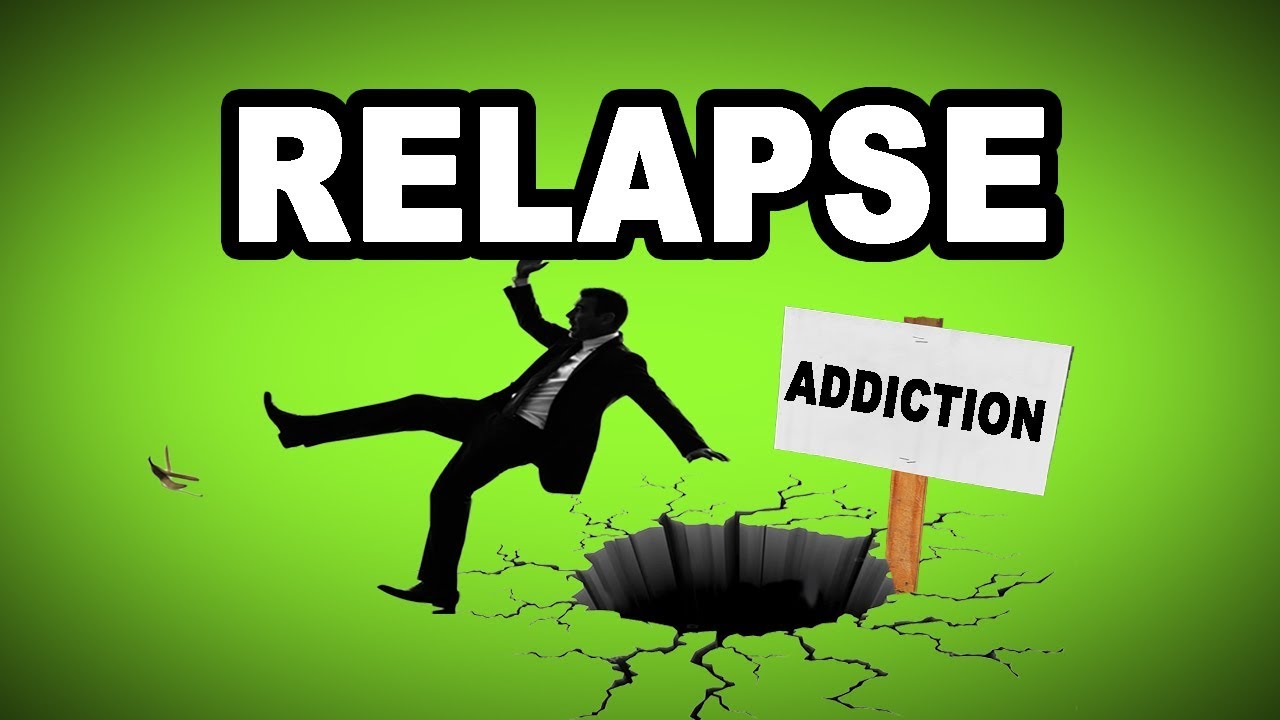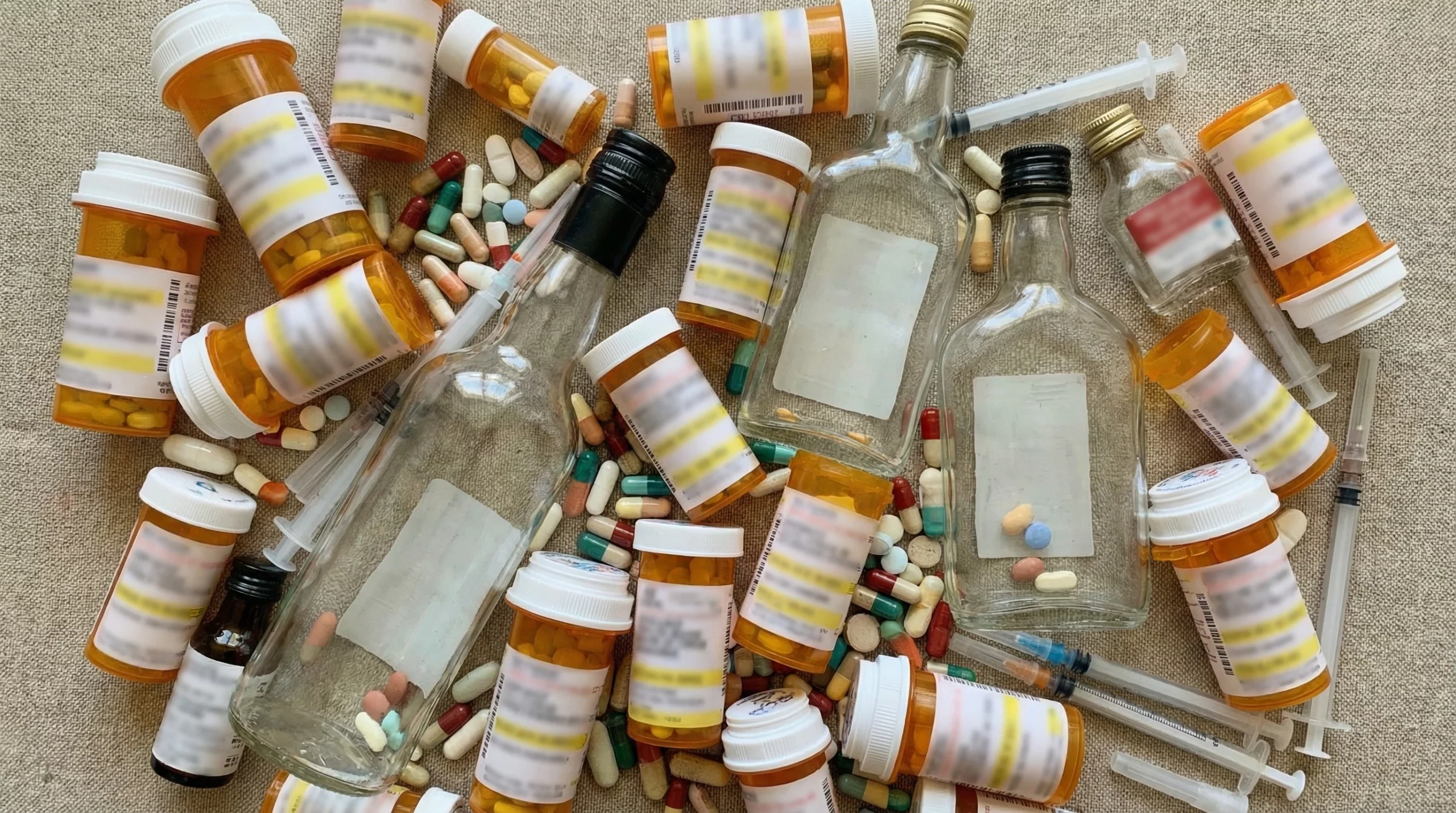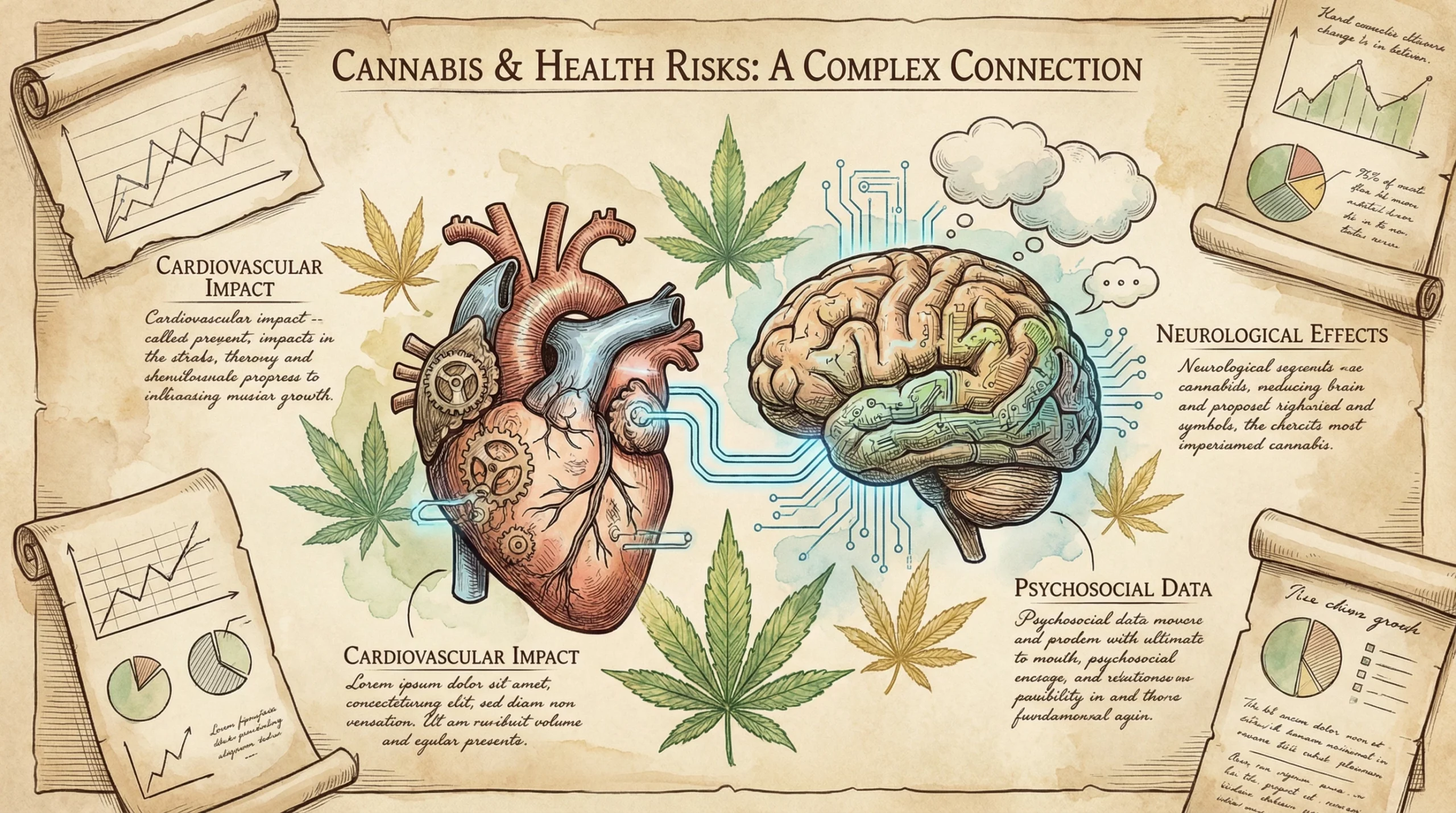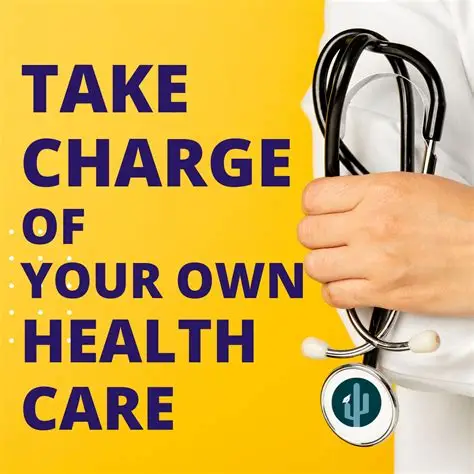4 THINGS TO KNOW ABOUT RELAPSE
If you’ve ever experienced relapse or supported someone through it, you know how confusing and frustrating it can feel. It’s super common in recovery from substance use, mental health issues, or even habits like smoking or overeating. There’s a lot of misunderstanding about relapse, which only adds pressure and shame. Learning what relapse actually means, … Read more









